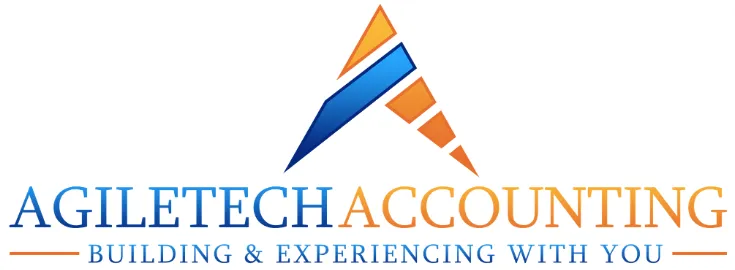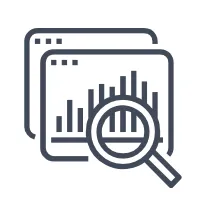

Looks like you've hit a dead end...
Let's get you back on track!
Copyright 2025
All Rights Reserved
Services

CFO Advisory
We provide cash flow analysis, profitability reviews, and strategic growth planning so you can make confident decisions. Whether it’s scaling your ABA clinic or optimizing any business operation, our CFO guidance keeps you focused on growth, not guesswork.

Accurate and Timely Bookkeeping Services
Our bookkeeping team understands ABA businesses and other industries inside and out. We keep your records accurate, organized, and up to date, so you’re never left scrambling at month-end or tax time.

Employee Profitability Analysis
We help you measure employee performance in financial terms, identifying where your staff delivers the highest ROI. This lets you reward top performers, address inefficiencies, and increase profitability without unnecessary cuts.
Book Your Free Discovery Call
Financial Experts Who Understand the Language of ABA
We speak your language—both in finance and in the ABA world. Our team delivers insights and strategies tailored to the unique challenges of therapy clinics, helping you simplify operations, maximize profitability, and focus on client care.

Innovative, Technology-Driven Accounting
We leverage the best tools and automation to simplify your processes, cut wasted time, and give you real-time insights. Our tech-first approach means you get faster, more accurate results—freeing you to focus on running and growing your business.
Meet the Owner
Amer Maqboul
CPA
Amer Maqboul, CPA is the President and Chief Executive Officer of AgileTech Accounting where he shapes better outcomes for ABA clinic through modernized accounting and CFO services to maximize profit and maintain quality. With over a decade of experience in public accounting and a deep focus on the behavioral health industry, Amer has become a trusted partner for clinic owners navigating complex financial and operational challenges. A licensed CPA, Amer began his career in public accounting where he developed expertise in analyzing financial data, documenting processes, and uncovering inefficiencies through rigorous testing and analytical procedures. Since then, he has channeled those skills into helping ABA therapy businesses optimize cash flow, streamline operations, and gain clarity on their numbers. Recognizing that ABA clinics face unique challenges - such as payment delays, regulatory changes, and the lack of financial expertise found in larger entities, Amer is propelling AgileTech forward to close that gap. His mission is clear: to empower ABA clinic owners with simple, modern financial systems that bring order to chaos and create lasting profitability. Outside of cracking the financial code for ABA clinics, Amer enjoys golfing and spending Sundays watching the Detroit Lions with his wife and two sons.
60-Day, No-Risk Money-Back Guarantee
We’re confident you’ll see the value in our services, but if you’re not completely satisfied within 60 days, we’ll refund your entire initial investment. No hidden terms. No hassles. Just our promise to put your success first.
https://storage.googleapis.com/msgsndr/OzlGcLz5e3WnZEtxW9oR/media/684fba2dbb125355f99bd824.png
https://storage.googleapis.com/msgsndr/OzlGcLz5e3WnZEtxW9oR/media/684fb9f055f965289424d8a7.png





